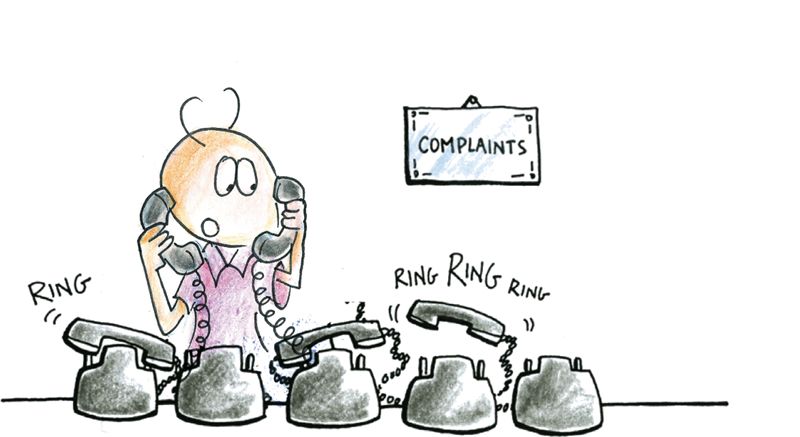
“Bob is not doing his job. Always mistakes. What should I do with him?” “Mary has messed up our relationship...

“Bob is not doing his job. Always mistakes. What should I do with him?” “Mary has messed up our relationship...

Recently, I had coffee with Edward, an old friend – or better: one of my mentors. He is approaching seventy...

Building a dashboard is a project itself. The ongoing review and adjustment is as important as changing strategy or processes....

“Uwe, what is your career vision?” was Steve’s first question during my job interview many years ago. As a German...
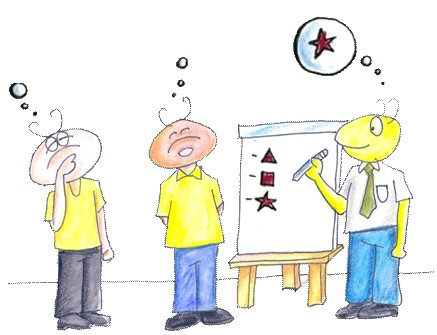
Each improvement project undergoes two general phases, As-Is and Should-Be. Analysing is about understanding the problem, identifying and confirming the...

Project selection for improvement is taken rather seriously. Some companies have even developed highly sophisticated methods for to ensure project...
Over the last decade, companies and organisations in nearly every industry all over the world have introduced Lean Six Sigma...
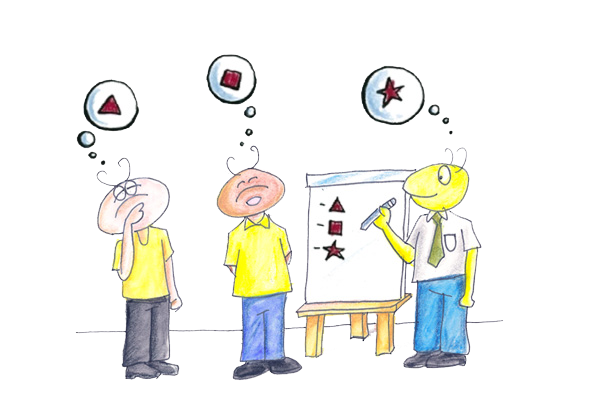
Continuous improvement does not start with massive Lean Six Sigma or Innovation initiatives. Continuous improvement needs to be part of...
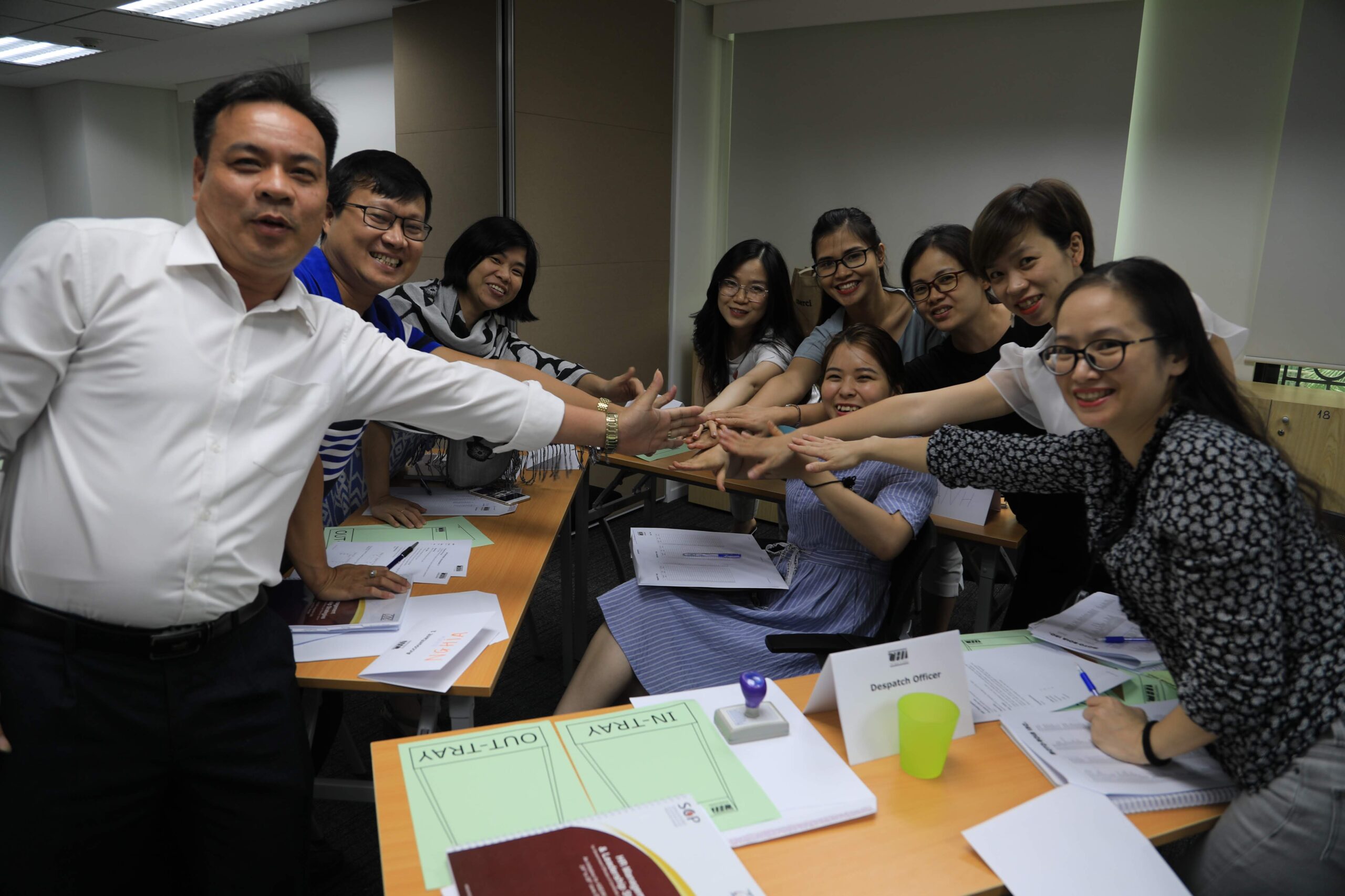
No one delivers defective parts, wrong information or even typos in emails intentionally. It is usually our processes that allow...
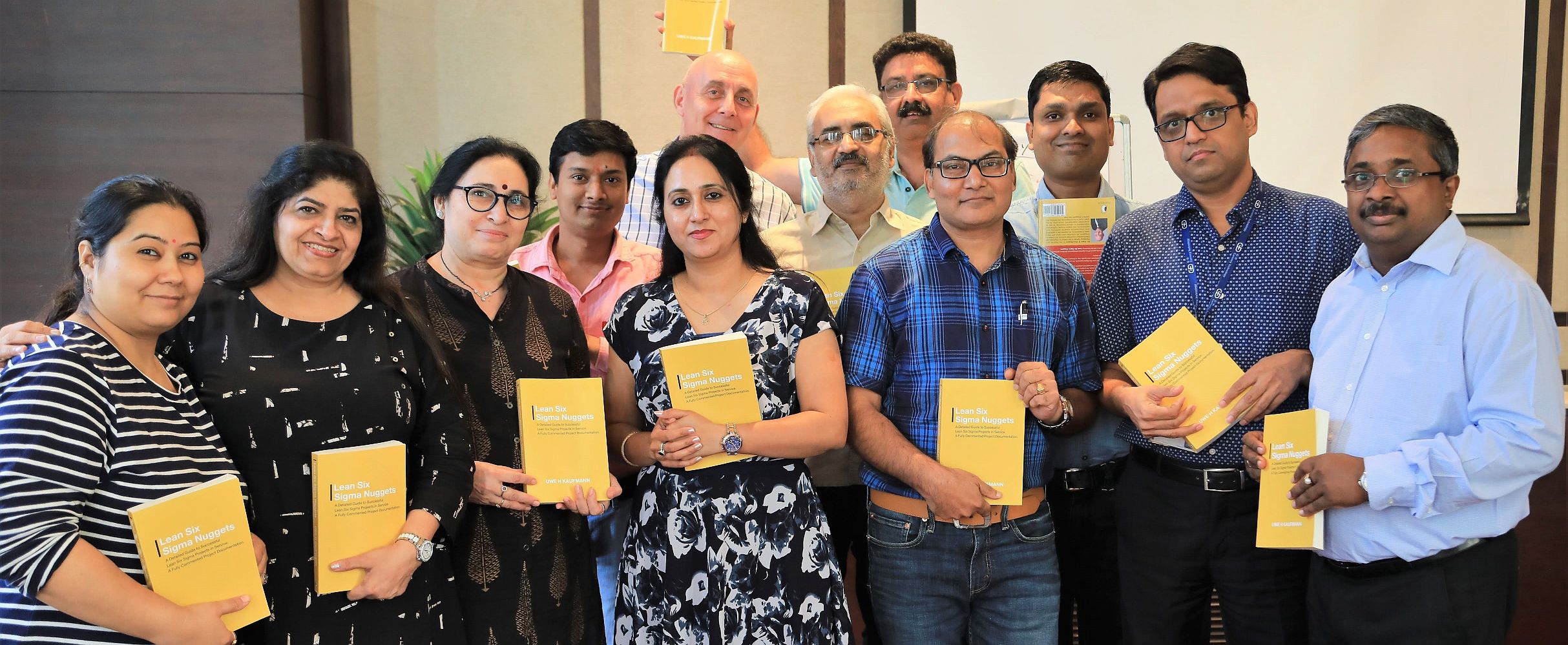
You will know when Six Sigma is finally part of your organisation’s bloodstream because it will no longer be necessary...

Strategy Deployment is Key Strategy Deployment is as Important as Having the Right Strategy. Developing a compelling vision and mission...

Ting is a sophisticated traditional Chinese character that exemplifies the most important activity related to customer service in an impressive...
Captured on a sunny Sunday Morning in Singapore – Inspired by our beautiful nature. Photos by UK....
Here are some typical Questions and our Answers regarding the deployment of Lean Six Sigma in an organisation. If you...
Not every organisation needs to develop process managers with Lean and Six Sigma skills. Yet, every organisation deserves to have...
Copyright © 2025 by COE Pte Ltd. All Rights Reserved.